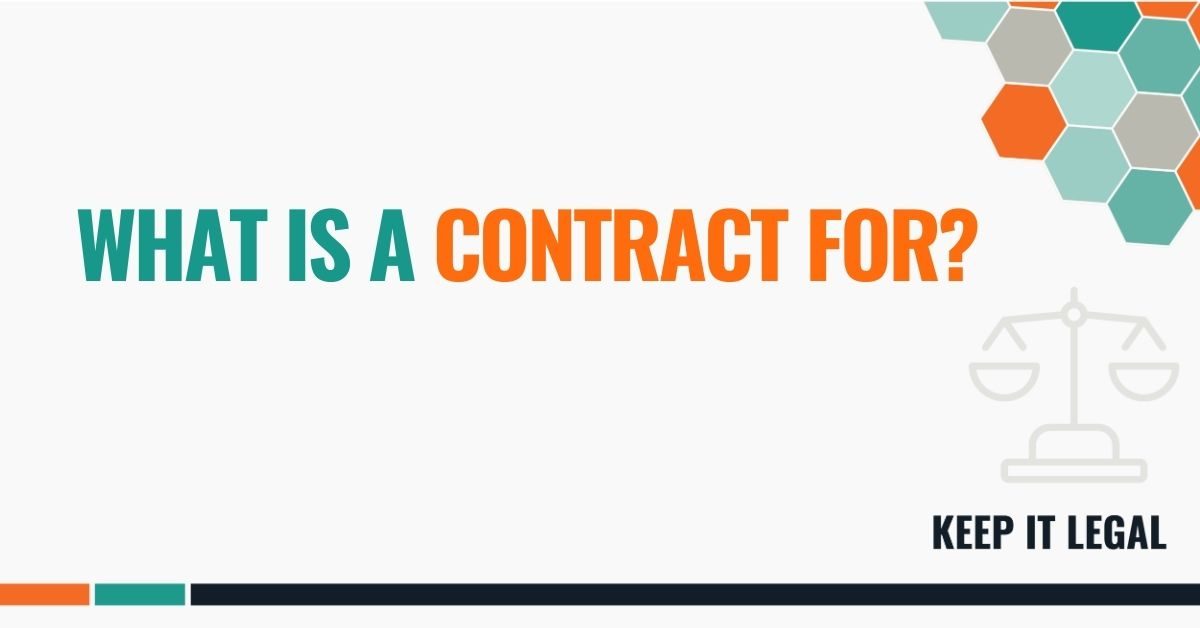Let’s say you’ve discussed a potential business opportunity and you’ve come to an agreement on the basic terms with the party on the other side. The basics may include who has to deliver what goods or services, where, when, and how the receiving party is going to pay for it.
Now that you’ve gone through the ups and downs of the negotiation process, you’re both eager to get started. Maybe you have the basic deal points recorded in an email or a term sheet that the parties have signed. Why bother with a full-scale contract? Why go through the time and expense of having lawyers involved?
The simplest and most obvious answer is that the contract will determine what happens if the deal falls apart and one side sues the other. Of course, most businesspeople don’t envision potential litigation every time they enter into a contract. But there are many terms in a formal contract that will be helpful if a dispute arises. These terms may include:
- Jurisdiction—meaning, where a dispute will be heard. Will you need to travel to another state or country to enforce your legal rights?
- Attorney’s fees—if you win the case, will you be able to recover reasonable attorney’s fees from the other side? This is often a “make or break” term that determines whether it’s worth suing in the first place.
- Remedies—what can you actually get if the other side breaches the contract? Often contracts will define remedies so as to provide clarity for both sides or to limit potential damages.
These are the types of terms that usually aren’t discussed in the early stages of a business negotiation. However, if a dispute arises, these terms may make the difference between being able to economically enforce your legal rights or having to write off the loss and walk away from a broken contract.
Even if litigation isn’t in the cards, there are other reasons to go through the contract drafting process. As a business attorney, part of my job is to think of issues that my client may not have identified (we call this “issue spotting”). It’s much easier to surface and work through these issues in the early stage, when both parties are on good terms and eager to work together. Being in the middle of delivering on a contract only to discover that you thought one thing and the other side though another can be very costly.
In my 18 years of practice, I’ve rarely drafted or reviewed a significant business contract in which the parties had actually thought through every material term. There’s almost always something important that’s been overlooked. In each of these cases, the process of putting together a written contract saved my client from having to deal with an unforeseen, urgent issue at some future point.
Having a contract drafted or reviewed by an experienced business attorney has obvious benefits if the agreement ends up in court. But a formal contract is still valuable for the vast majority of business agreements that don’t result in litigation.


